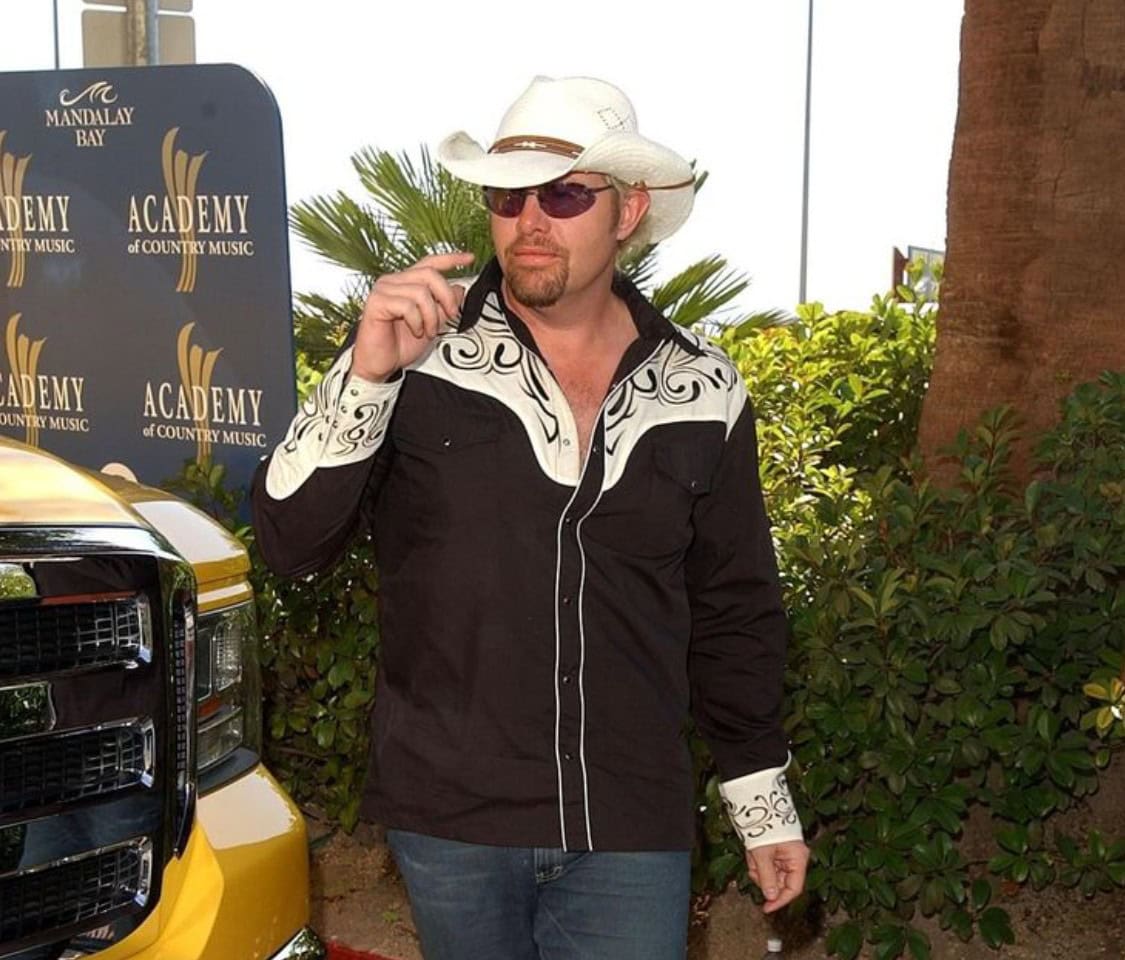When it comes to country music, few artists encapsulate the spirit of the genre quite like Toby Keith. Known for his ability to craft songs that resonate with a wide audience, Keith has long stood as a voice of both conviction and compassion. Released in 2007 as part of his Big Dog Daddy album, “Love Me If You Can” is a striking example of his knack for balancing personal vulnerability with a broader social message. It’s a song that speaks not just to the heart, but also to the conscience, offering a nuanced take on the complexities of human connection in an increasingly polarized world.
At its core, “Love Me If You Can” is a plea for understanding, an ode to the idea that we are more than the sum of our opinions or the labels society might place upon us. Keith begins the song with an acknowledgment of his flaws and the strong opinions that have sometimes defined him, but he quickly pivots to a deeper truth: his actions and intentions speak louder than his words or politics. The lyric, “I’m a man of my convictions, call me wrong, call me right, but I bring my better angels to every fight,” captures the heart of the song. It’s a powerful reminder that authenticity and decency can coexist, even in a world where disagreement often leads to division.
Musically, “Love Me If You Can” leans into the softer, more melodic side of Keith’s repertoire. The acoustic instrumentation provides a gentle backdrop that allows the lyrics to take center stage. There’s a sincerity in his voice that feels almost conversational, as though he’s speaking directly to each listener. This stripped-down approach is a departure from some of Keith’s more raucous, up-tempo hits, but it suits the song’s introspective nature perfectly. The arrangement is warm and inviting, with subtle touches of steel guitar that give it an unmistakable country charm.
What makes “Love Me If You Can” particularly compelling is its relevance beyond the confines of its genre. While firmly rooted in country tradition, the song’s message of empathy and acceptance resonates universally. It encourages listeners to look past differences—be they political, personal, or otherwise—and find common ground in shared humanity. It’s a sentiment that feels timeless, yet particularly poignant in today’s climate of division and discord.
For those familiar with Toby Keith’s body of work, “Love Me If You Can” is a refreshing reminder of his range as an artist. It showcases a quieter, more reflective side of his persona, demonstrating that his artistry extends well beyond patriotic anthems and honky-tonk party songs. For newcomers, it serves as an accessible entry point into a career marked by both bold statements and tender reflections.
In a world where it’s all too easy to draw lines in the sand, “Love Me If You Can” challenges us to embrace complexity, to see the good in others even when we don’t always agree. It’s a song that, much like Keith himself, carries an unmistakable authenticity—one that invites us not just to listen, but to reflect, connect, and maybe even love a little more.

